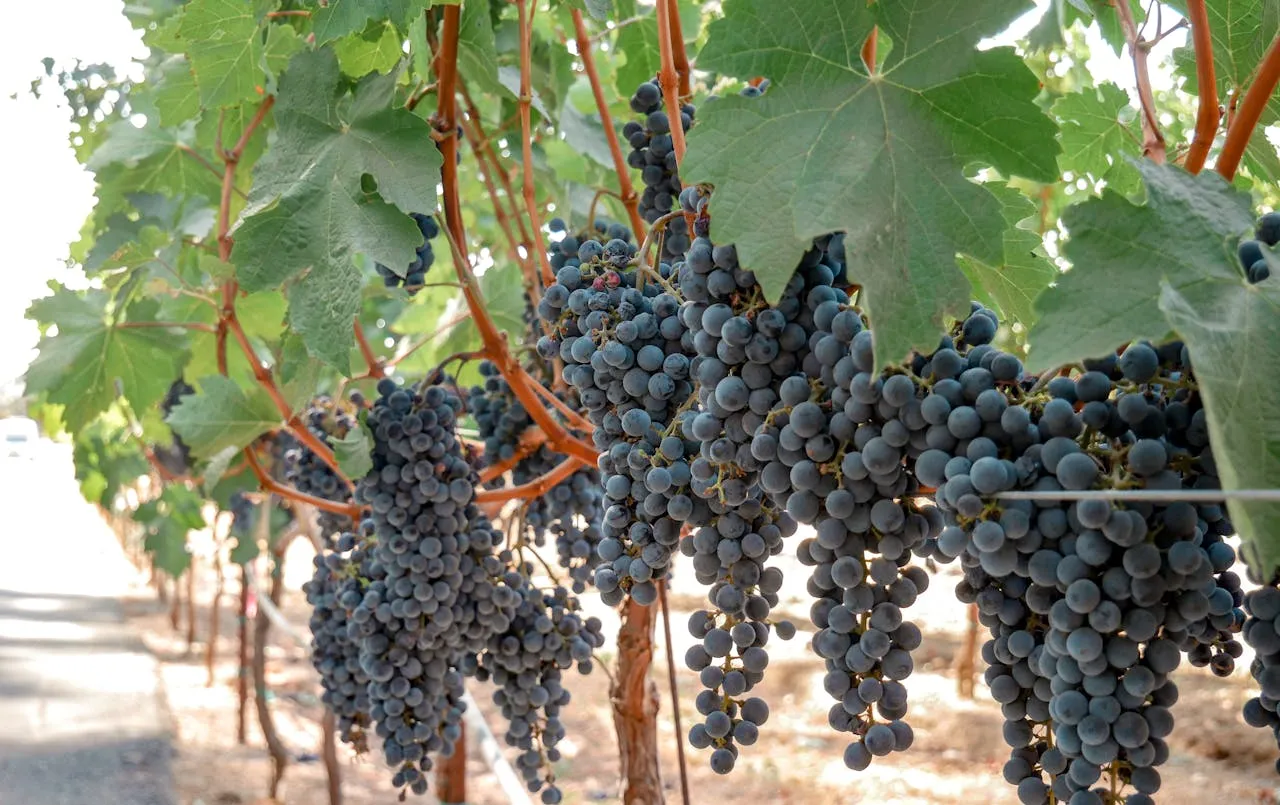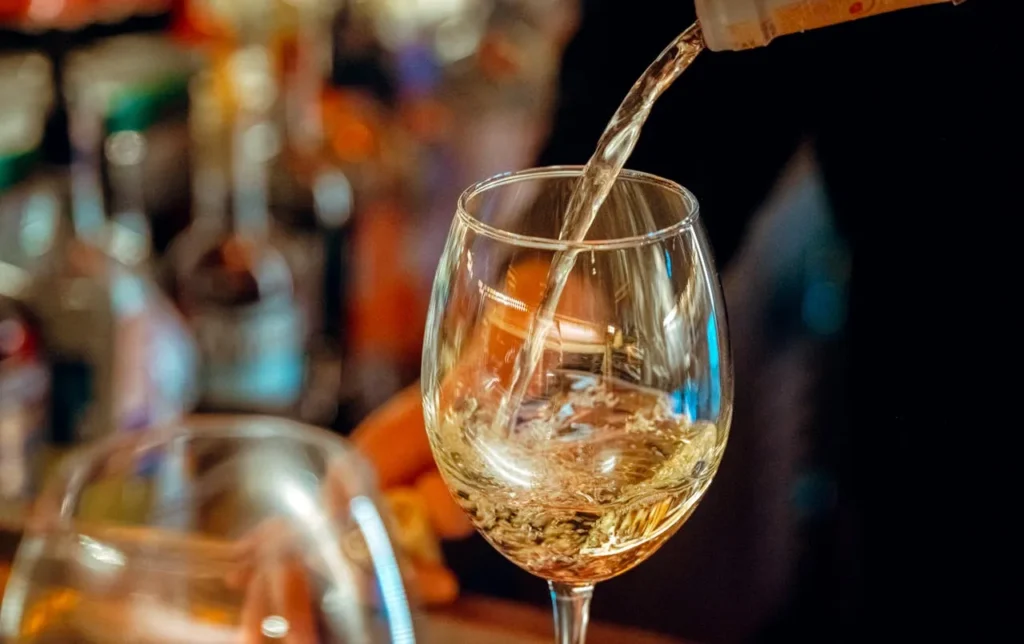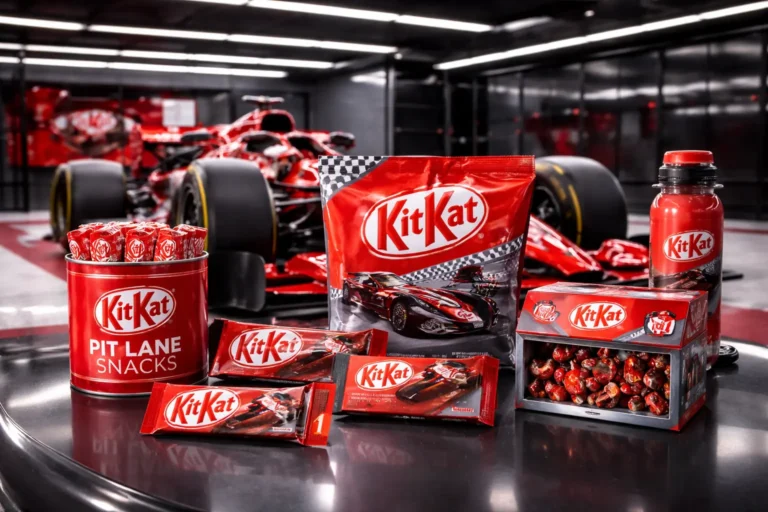
The newly released report “Saudi Arabia Wine Market Size and Share Analysis – Growth Trends and Forecast Report 2025–2033″, now available from ResearchAndMarkets.com, highlights robust growth expectations for the Saudi wine market. Valued at US$ 4.60 billion in 2024, the market is forecast to grow at a compound annual growth rate (CAGR) of 6.20%, reaching an estimated US$ 7.90 billion by 2033.
This projected growth, while notable in any context, is especially remarkable given the country’s strict prohibition of alcoholic beverages under Islamic law. The rise of non-alcoholic wine alternatives, supported by changing social norms, an influx of expatriates, and the rapid transformation of the country’s hospitality sector under Vision 2030, are fueling this emerging market.
A Unique Market Shaped by Cultural and Legal Constraints
Alcohol consumption remains illegal in Saudi Arabia, enforced under Sharia law. This restriction fundamentally shapes the wine industry, which is focused almost entirely on non-alcoholic alternatives. Nonetheless, consumer interest in wine-like beverages is on the rise, especially among health-conscious residents, expatriates, and international tourists.
Non-alcoholic wines—crafted to replicate the taste, aroma, and mouthfeel of traditional wines without violating legal or religious codes—have carved out a growing niche. These products have gained popularity due to their health benefits and alignment with cultural norms, offering consumers a sophisticated beverage option without alcohol content.
The landscape began to shift more noticeably following the introduction of Vision 2030, Saudi Arabia’s national strategy to diversify its economy away from oil dependence. Under this initiative, sectors such as tourism, entertainment, and fine dining are being actively developed, providing fertile ground for lifestyle-oriented products like non-alcoholic wines.
Luxury, Tourism, and Cross-Cultural Demand Fuel Market Growth
A pivotal moment in the evolution of the wine sector occurred in January 2024, when a wine shop—operating exclusively for diplomatic staff and select high-level foreigners—opened in Riyadh for the first time in nearly 70 years. The launch was symbolic of Saudi Arabia’s push to modernize and appeal to the global elite. Offering premium, non-alcoholic wines, curated tastings, and bespoke services, the store caters to the diplomatic community while supporting Saudi Arabia’s aim to offer elevated hospitality experiences.
This development reflects broader trends across the kingdom. Increasing numbers of high-end hotels, resorts, and gourmet restaurants are creating a demand for sophisticated, alcohol-free drinks that can complement fine dining. Non-alcoholic wine is becoming a staple on premium menus and at luxury events, including major cultural festivals and concerts.
The growing expatriate community—alongside the millions of tourists expected under Vision 2030—continues to drive demand for international-standard food and beverage offerings. As Saudi Arabia positions itself as a hub for global culture and commerce, non-alcoholic wines help bridge the gap between tradition and modernity, providing an inclusive drinking option that resonates with global tastes.

Key Growth Drivers
Vision 2030: Economic Diversification and Hospitality Growth
At the heart of the wine market’s growth is Vision 2030, the kingdom’s strategic blueprint to reduce its reliance on oil revenues by expanding into sectors like hospitality, tourism, and entertainment. This transformation has resulted in a boom in investment in restaurants, hotels, and event infrastructure.
Upscale dining venues and international events now call for premium beverage offerings. Non-alcoholic wines offer a luxurious experience compatible with local values—making them a vital product category in the reimagined Saudi lifestyle economy.
Health and Wellness Trends
Changing consumer lifestyles are contributing to rising interest in alcohol-free alternatives. Health-conscious individuals, including younger generations and working professionals, are turning to beverages that offer flavor and elegance without compromising health goals or religious observance. Non-alcoholic wines are seen as sophisticated, wellness-friendly choices for social and business gatherings.
Growth in International Tourism
Tourism, a major pillar of Vision 2030, is seeing rapid expansion. With initiatives like the Red Sea Project, NEOM, and the Riyadh Season, the kingdom aims to attract millions of visitors annually. Many of these tourists come from countries where wine is a cultural staple. Non-alcoholic wine provides an appealing and culturally appropriate alternative, enhancing the guest experience in high-end hotels, beach resorts, and during public events.
Challenges to Market Expansion
Strict Regulatory Environment
Despite promising growth prospects, the wine market in Saudi Arabia operates under tight regulatory oversight. The complete ban on alcoholic beverages means that foreign wine companies cannot sell traditional products and must navigate complex import and compliance rules for non-alcoholic alternatives. The lack of infrastructure to support alcohol-related retail further limits potential expansion into alcoholic wines.
Cultural Resistance and Limited Awareness
Although acceptance of non-alcoholic wines is growing among certain groups, many Saudi nationals still view wine—even in its alcohol-free form—as unnecessary or unfamiliar. Longstanding cultural preferences for traditional beverages like coffee and tea pose a barrier to widespread adoption.
Moreover, limited consumer education around non-alcoholic wine—its production process, health benefits, and pairing options—hampers broader acceptance. Overcoming this will require targeted marketing, public education, and efforts to integrate these beverages into the fabric of social and culinary life.





